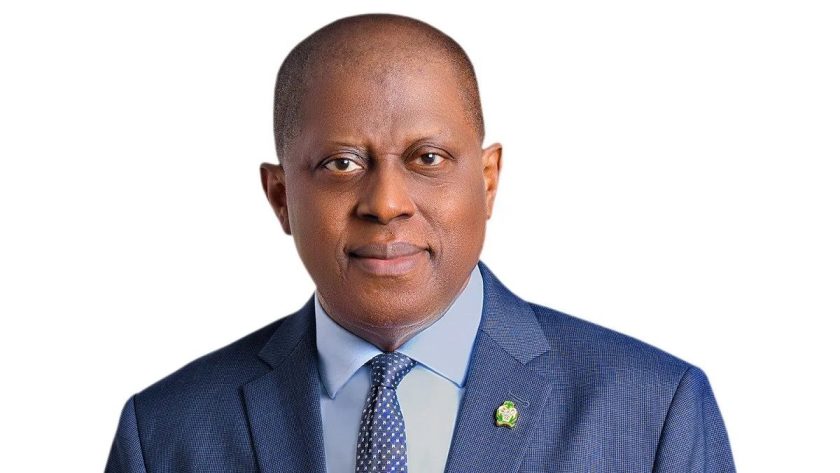Interbank Rates Reset as Financial System Liquidity Rebounds
Interbank rates reset as liquidity levels in the financial system rebound after open market operation settlement plunged the funding profile into a deficit.
Deposit money banks’ borrowing activities heated up after OMO bills settlement totalling N2.12 trillion. The market saw an additional auction for Treasury bills at the midweek auction.
The system liquidity rebounded to an opening of a ₦229.4 billion surplus amidst a ₦173.25 billion auctioned treasury bill settlement. There were no significant inflows, but banks’ activities bolstered the financial system’s liquidity.
Data from the FMDQ platform revealed that the short-term benchmark interest rates remain relatively stable, reflecting the absence of significant pressure in the money market.
Interbank rates are expected to remain at a similar level, except for any significant funding activity. Interbank rates (NIBOR) declined across major tenors, reflecting improved liquidity in the banking system.
The overnight, 1-month, 3-month, and 6-month rates fell by 13 bps, 42 bps, 53 bps, and 57 bps, respectively, Cowry Asset Limited said in a report.
Money market rates showed a mixed trend, with the Open Repo Rate (OPR) holding steady at 26.60%, while the overnight lending rate inched up by 2 bps to 27.02%.
The Nigerian Interbank Treasury Bills True Yield curve posted yield advances across all maturities, driven by broad-based bearish sentiment. Consequently, the average yield on treasury bills rose by 7 bps to 17.85%, reflecting increased investor sell-offs in the secondary market. #Interbank Rates Reset as Financial System Liquidity Rebounds#
Naira Rises as Foreign Reserves Hit $39.994bn after 21 Inflows

